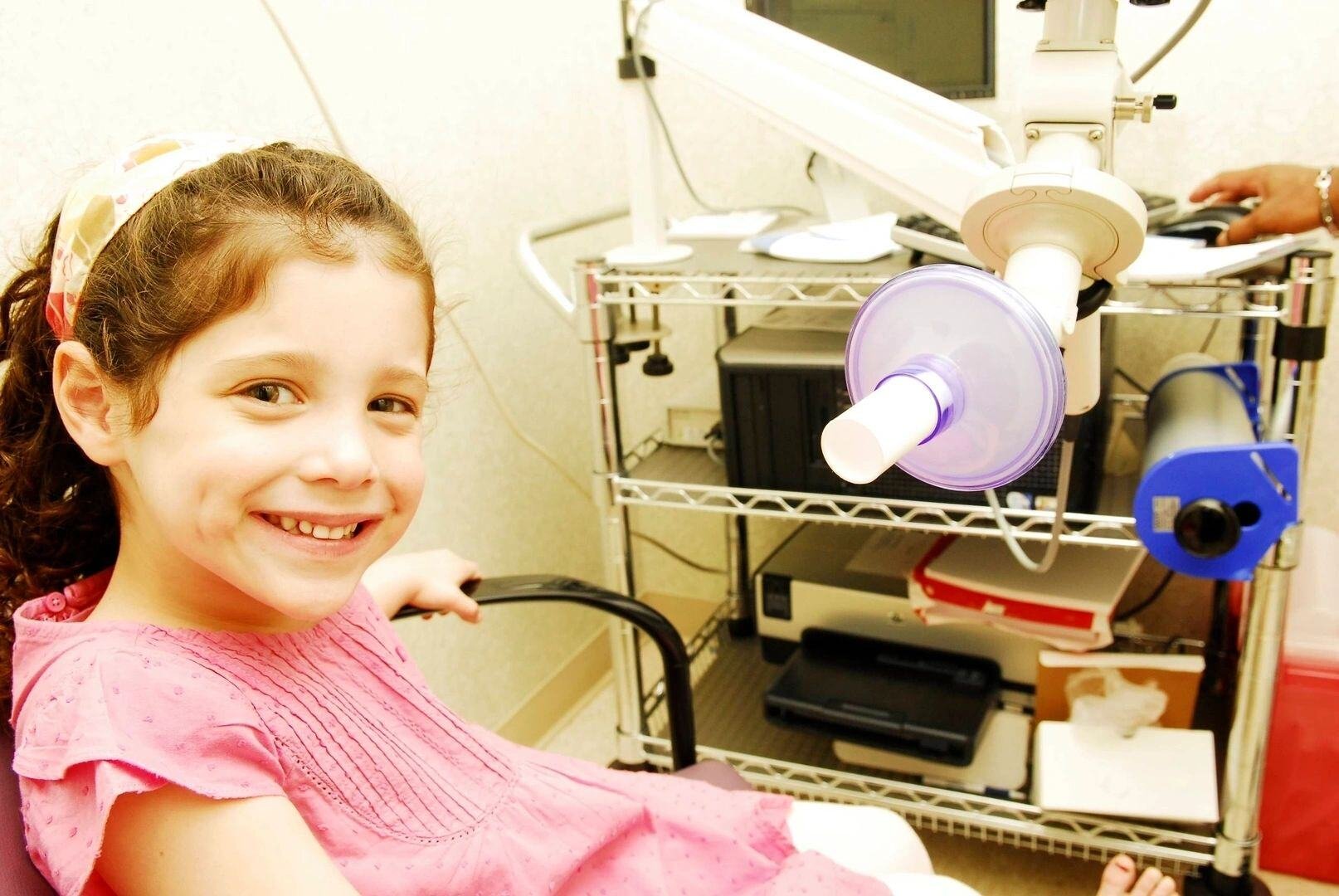WE EVALUATE AND TREAT THE FOLLOWING CONDITIONS
NASAL & SINUS CONDITIONS
Allergic Rhinitis (Various Forms of Allergies)
Non-allergic Rhinitis (Various Forms of Non-Allergic Reactions)
Recurrent or Chronic Infections
Sinus Headaches
LUNG CONDITIONS
Asthma
Exercise-induced asthma
Cough
FOOD ALLERGY CONDITIONS
Severe Allergic Reaction (Anaphylaxis)
Drug Allergy & Intolerances
The Asthma Center
Welcome to THE ASTHMA CENTER at Coastal Allergy & Asthma. Specifically designed for children between the ages of 4 and 18, THE ASTHMA CENTER is the regions only comprehensive diagnostic, treatment, and asthma education program.
Asthma
What Is Asthma?
Asthma is a chronic disease that inflames the airways, making it difficult to breathe. When untreated or improperly treated, asthma can cause permanent changes to the airways. This fact has only recently begun to be recognized and reflects the importance of properly managing asthma. The typical symptoms of asthma are:
- Coughing
- Shortness of breath
- Wheezing (a sound similar to air slowly being let out of a balloon)
- Chest tightness
With children or infants, however, other symptoms may indicate they have asthma. These include:
- Rapid or noisy breathing
- Chest congestion or grunting when taking a bottle or breast- feeding
- Complaints that their chests “hurt” or “feel funny.”
- Tiredness, lethargy, irritability, and not wanting to play.
- Occasionally, individuals with asthma may not wheeze, but they will have poor air exchange and have trouble breathing.

Immunotherapy
What Is Immunotherapy (Allergy Shots)?
Immunotherapy is a treatment used to relieve allergy symptoms of hay fever or allergic asthma by administering injections of substances such as pollens, mold spores, dust mites, animal dander, or insects to which an individual has been found to be allergic by skin testing. The mechanisms of its effect are the subject of ongoing research. However, immunotherapy initiates processes that seem to "turn off' the abnormal immune reaction that we term "allergy".
When an allergic person is exposed to an allergenic substance (such as cat dander), he or she may develop symptoms of sneezing, runny nose, nasal congestion, watery eyes, chest tightness or wheezing. Various cells that line the nose and the airways actually release chemicals termed mediators that cause these symptoms. An inflammatory reaction accompanies this process and leads to persistent symptoms. Immunotherapy probably works to interfere with the actions of these cells and to thereby diminish the effects of the chemical mediators that cause allergic symptoms.
Allergy Shots are used to decrease your sensitivity to allergy-causing substances so that exposure to the offending allergens (pollens, dust, molds, etc.) will result in fewer symptoms. This does not mean that allergy shots are a substitute for avoidance of known allergens which is the treatment of choice.

Allergy Testing
What is Allergy Testing?
If you are allergic, you are reacting to a particular substance. Any substance that can trigger an allergic reaction is called an allergen. To determine which specific substances are triggering your allergies, your allergist/immunologist will safely and effectively test your skin, or sometimes your blood, using tiny amounts of commonly troublesome allergens.
Allergy tests are designed to gather the most specific information possible so your doctor can determine what you are allergic to and provide the best treatment.

What Can an Allergist Do for YOU?
An allergist is a physician who is specifically trained to diagnose and treat allergies, including: hayfever, eczema, food allergy, and hives, allergic and non-allergic rhinitis, sinusitis, asthma, recurrent infections, immune deficiency and related problems.
The Asthma Center

Specially designed for children between the ages of 4 and 18 THE ASTHMA CENTER at Coastal Allergy & Asthma is the regions only comprehensive diagnostic, treatment, and asthma education program.
AeroAllergy Research Labs
.jpg)
Coastal Allergy & Asthma works together with our research company AeroAllergy Research to bring various allergy and asthma studies to our area. Studies are a great way to see if a patient's allergies or asthma will respond to alternative medicines and treatment options.
What One Patient Had To Say About Her Experience
"My husband and I took our grandson to see Dr Brad Goodman for the initial visit this week. We were so impressed with the whole experience. Dr Goodman was awesome, taking so much time to get his patient history, evaluate our grandson and explain everything in detail. I had to call our daughter to ask a question and Dr Goodman talked to her for 5-10 minutes, explaining everything to her that he told us (she was working). And, everyone that we encountered while we were there, was super nice! Awesome experience." Debbie V.
Find more customer feedback on our Facebook page.

